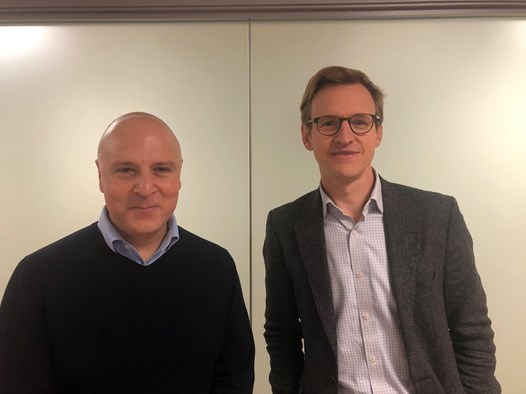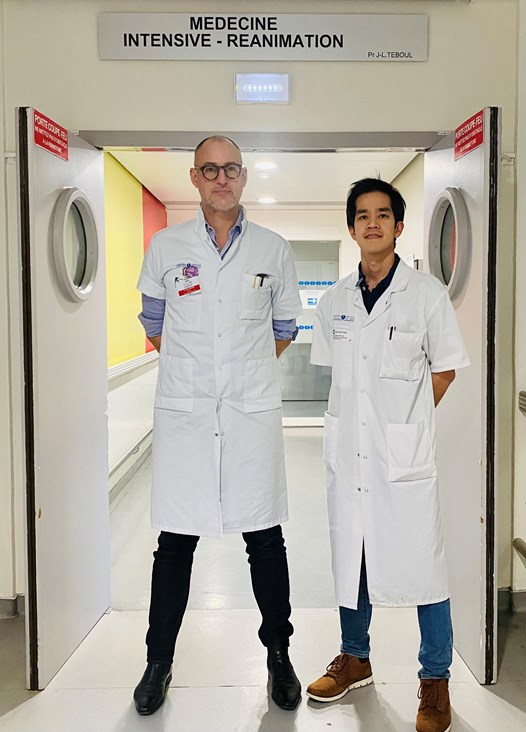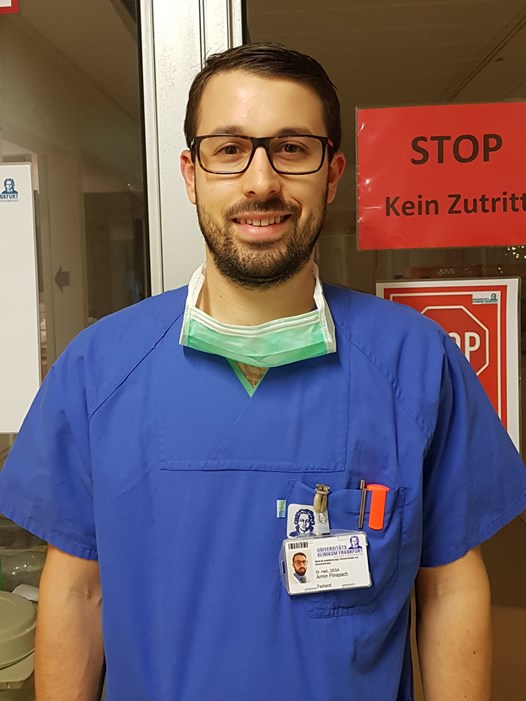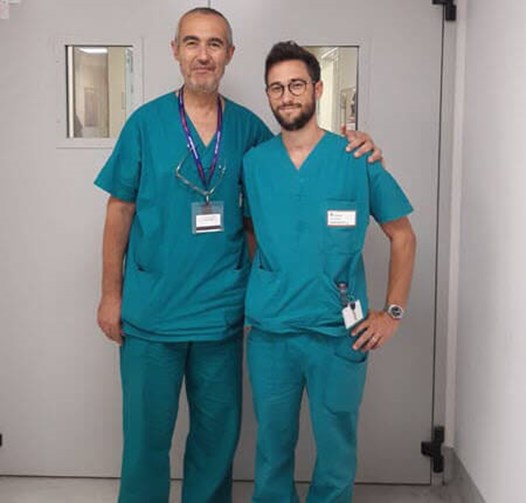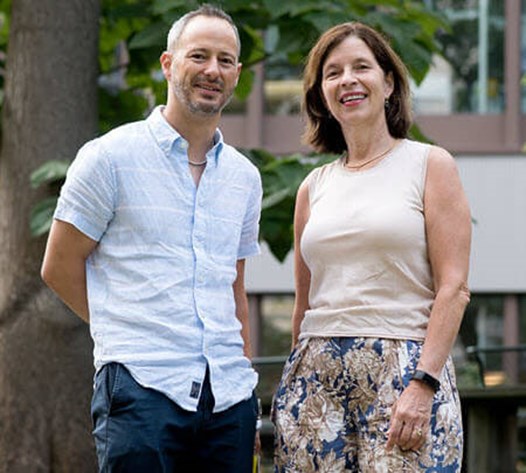The study aims to compare the effects of inhaled sedation with isoflurane delivered via the Sedaconda ACD to intravenous sedation in patients with acute respiratory distress syndrome (ARDS).
The main outcomes include respiratory drive, inspiratory effort, gas exchange, and ventilation efficiency during pressure support ventilation (PSV) in ARDS. Additional outcomes will evaluate the pharmacokinetics of the inhaled sedative delivery as a function of minute ventilation, dead-space ventilation, CO22 elimination, and lung volume.
The study will involve adult patients with ARDS receiving invasive PSV and sedated with IV analgo-sedation who are anticipated to remain on PSV with a stable Richmond Agitation and Sedation Scale (RASS) for 24h or longer. During 6h, patients will receive inhaled sedation titrated to an equivalent RASS and will be compared, in a cross-over trial design with standard of care IV sedation (propofol and fentanyl). Inhaled sedation may lead to a greater degree of spontaneous breathing. It will be important to understand its impact on respiratory drive and effort in ARDS, as these may vary with the inhaled sedative dose and sedation depth, as well as with physiological and mechanical characteristics of the lung.
